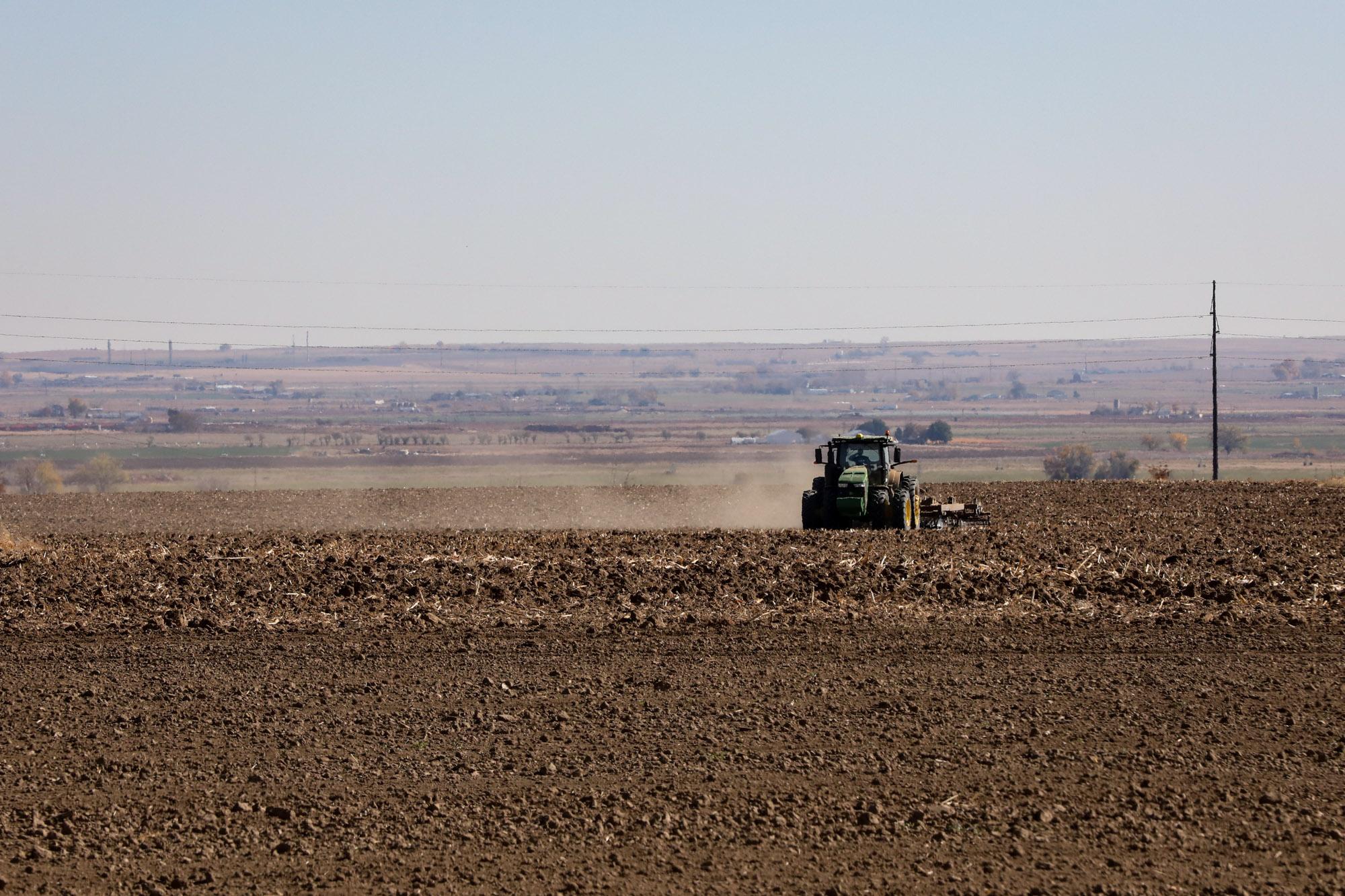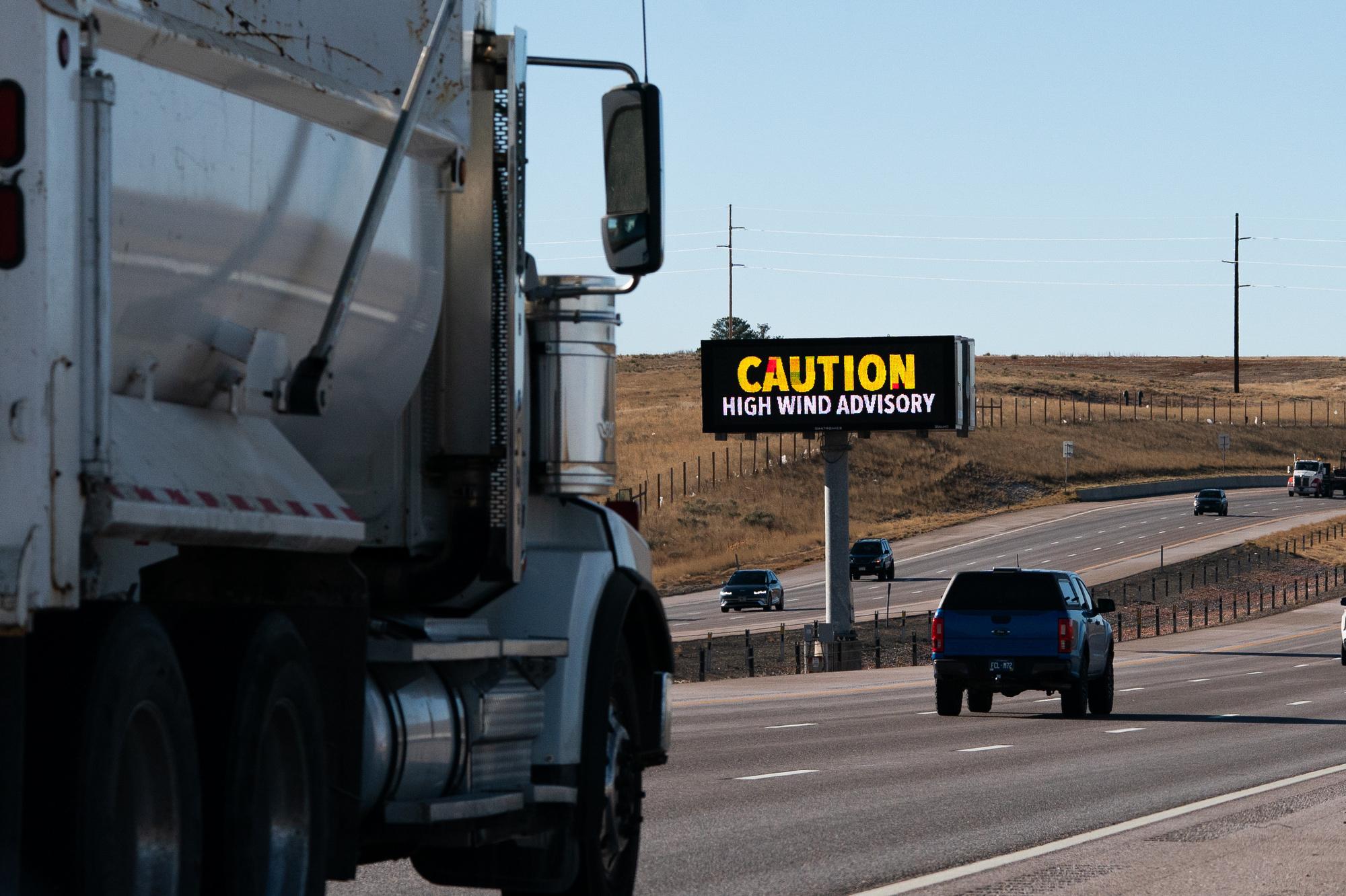
Farmers and other agriculture employers will have to pay hourly workers overtime starting next year, according to new wage rules the Colorado Department of Labor and Employment adopted this week.
The policies are the first of their kind in Colorado and stem from a landmark labor rights bill passed during the most recent legislative session. They are expected to impact tens of thousands of farmworkers across the state.
“We have complaints about exceptions and parts of the rule structure, but this is a good thing,” said Hunter Knapp, a director of Project Protect Food Systems Workers, a worker advocacy non-profit that lobbied for the changes.
The new rules will phase in over the next four years. Starting in November 2022, overtime pay requirements kick in once someone works more than 60 hours a week. Employers will have to pay those workers 1.5 times their usual hourly rate.
Then, in January 2024, the number of hours required to collect overtime will drop. By how much depends on the size and type of farm operation.
“Highly seasonal” farms that hire a large number of employees during a specific harvest time will pay out weekly overtime after 56 hours worked during peak season. During the rest of the year, that number falls to 48 hours a week.
The plan has faced criticism from workers and employers alike
Workers and farmers alike have criticized the staggered structure for being confusing and difficult to implement across the industry, which has operated without overtime pay requirements for decades.
Daily overtime applies for many non-farmworkers whenever they work 12 hours within one day, while weekly applies whenever someone works more than 40 hours within a 7-day period. Specific eligibility requirements vary by industry.
For example, if someone eligible for overtime pay works a total of 36 hours in a week, but worked for 13 hours on one of those days, they would qualify for one hour of daily overtime pay. They would not qualify for weekly overtime because they haven’t met the minimum by working 40 hours overall.
The new rules allow farmworkers to collect both types of pay, but daily overtime doesn’t kick in for them until they work more than 15 hours. They are then entitled to a lump sum payment equal to one hour of pay at the state's minimum wage level, which will rise to $12.56 in 2022.
That element could lead employers to have workers stick around for fewer, longer days to avoid hitting the weekly overtime threshold, said Jennifer Rodriguez, an attorney at Colorado Legal Services who works with migrant farmworkers.
“It’s a complicated rule,” Rodriguez said. “I don't think it's actually going to result in meaningful overtime for our agricultural workers.”
Many farmers are still looking at how the new rules will impact their operations. Most are concerned about how they will absorb additional labor costs, said Daniel Waldvogle, a former ranch worker who is Director of External Affairs for the Rocky Mountain Farmers Union.
“Some of the smaller farmers and ranchers are really going to struggle,” Waldvogle said. “This will be a big disruption.”
But sponsors of the legislation say it doesn't go far enough
Sponsors of SB21-087, the legislation that prompted the rule change, say the new structure doesn’t go far enough. Lawmakers, advocates, and farmworkers gathered at the state Capitol last month to demand a lower, 40-hour standard similar to other industries.
Lead sponsor state Sen. Jessie Danielson did not return a request for comment. At the rally last month, she said the new rules don’t address systemic inequities in the state’s labor laws, which the bill intended to do.
“Farmworkers have been excluded for so long,” Danielson said. “These rules are not at all what we had in mind.”
Colorado is just the sixth state to adopt overtime pay for agricultural workers.
Hundreds of farmers, workers and advocates weighed in on the rules during a months-long public comment period. In a statement, the labor department said the adopted rules would discourage excessive work hours, increase available jobs and promote safety across the state.
“We adopted many good ideas from farm, ranch and dairy owners to accommodate their operations’ needs,” said Scott Moss, CDLE’s director of labor standards and statistics. “These rules are better for all Coloradans.”
The department is also in the process of adopting new standards for heat breaks for workers.
Editor's note: A previous version of this story contained errors that have been corrected.
Meatpackers are not covered under the new overtime rules. They are considered food and commercial workers, not agriculture workers.
Farmworkers who work more than 15 hours in one day will be entitled to a lump-sum payment equal to one hour of pay at the state's minimum wage level, which will be $12.56 in 2022.
The story has also been adjusted to clarify that overtime rules for non-farmworkers in Colorado vary by industry.
Daniel Waldvogle was also misidentified in the original story. Waldvogle is a former ranch worker who currently serves as director of external affairs for the Rocky Mountain Farmers Union.









